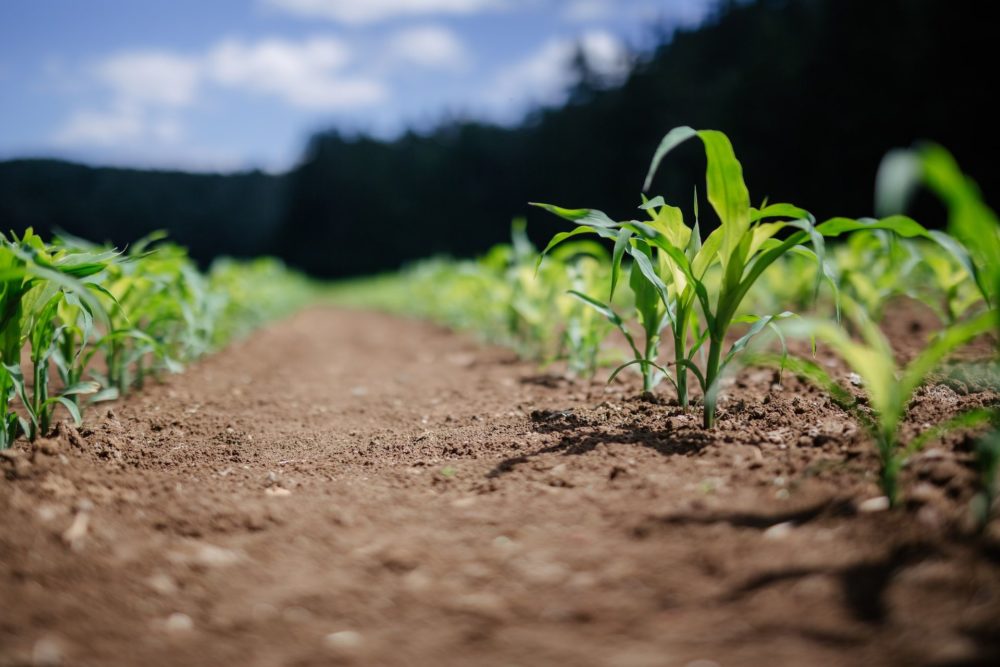Disclosure: AgFunder, AFN’s parent company, is an investor in Kula Bio.
Kula Bio, a US-based startup developing a biological fertilizer, has raised $50 million in Series A funding to increase production capacity and further innovate on its technology.
The round was led by Lowercarbon Capital with participation from Collaborative Fund, Grantham Environmental Trust’s Neglected Climate Opportunities Fund and iSelect Fund. Other investors included Pillar VC, Embark Ventures and BOPU. The Series A follows a $10 million seed round in May 2021, in which AgFunder participated. Kula Bio was founded in 2018.
How it works
Kula’s product, Kula-N, is a microbial product leveraging the bacteria Xanthobacter autotrophicus, which has been removing nitrogen from the air and putting it in the soil for millennia. Kula-N also “energizes” the bacteria with a carbon-rich energy source that allows the bacteria to build up larger-than-normal stores of nutrients. Farmers apply the product via traditional irrigation practices. It will live in the soil and communicate with the plants, producing nitrogen on an as-needed basis.
- Kula-N is a “drop-in replacement” for synthetic fertilizer that costs less, yields more, builds all-important soil carbon, and eliminates nitrogen runoff, the company says.
- Kula-N is also crop-agnostic, non-GMO, and has been tested across a range of different soils and geographies, according to the company.
- It should be available to customers by the end of 2022 or the beginning of 2023, Brady said in an interview.
Why it matters
Nitrogen is crucial for plant growth and crop yield. However, its manufacture and use account for 5% of global greenhouse gas emissions each year. Common overuse of nitrogen by farmers hoping to secure the largest yields possible, wastes as much as 80% through leaching, run-off, and emissions to the air, according to The United Nations Economic Commission for Europe (UNECE). This pollutes waterways, plants, and animals, not to mention the human body. It’s also a waste of money costing about $200 billion annually, according to the United Nations Environment Programme (UNEP).
- Kula-N offers farmers another way to give their crops nitrogen using natural nitrogen fixation in the soil, reducing the need for synthetic fertilizers and the environmental risks associated with those.
- A drastic increase in the cost of traditional nitrogen fertilizers has forced farmers to increasingly look for ways to replace them.
- Kula-N could also be applicable for farmers transitioning to regenerative agriculture practices, which are being increasingly promoted by governments and large agrifood companies globally. The Nature Conservancy recognized this potential by investing in Kula Bio last year.
What they’re saying
“Today, over 90% of fertilizer in use is still synthetic and a significant contributor to global greenhouse gas emissions and damage to local water supplies and land,” Bill Brady, founding CEO and director of Kula Bio, said in a statement. “Demand for our solution has been incredibly strong. We are committed to help farmers operate sustainably without sacrificing crop yield.”
“The invention of the Haber Bosch process [which artificially fixates nitrogen] may have been one of the most significant discoveries of the 20th century, and Kula may prove to be one of the most important discoveries of the 21st,” said Rob Leclerc, AgFunder founding partner.





